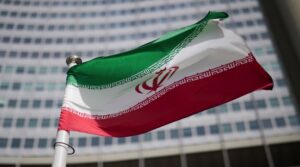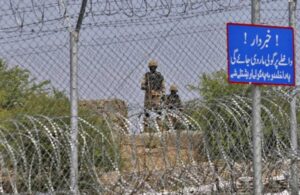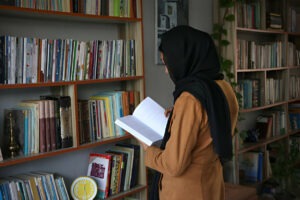KABUL (SW) – Amid heated arguments over water flow and border management, a delegation from Iran headed by Bahram Hosseini, Deputy General Staff of the Iranian Armed Forces, has visited Kabul to meet Afghan officials.
According to a statement issued by the Ministry of Defense of the Islamic Emirate, Mali Khan Sediq, Deputy Chief of the Army, hosted the Iranian delegation and held discussions over joint border management. In the Ministry of Defense newsletter, it is stated that the deputy head of the army of the Islamic Emirate mentioned the cooperation and “good relations between the two neighbors”.
Sediq said: “The Islamic Emirate has always wanted good relations with the Islamic Republic of Iran and is committed to more cooperation in various fields.”
The Ministry of Defense has also said that the Iranian delegation has positively assessed the commitments of both sides in various fields and assured the strengthening of relations.
According to this ministry, the two sides have discussed and emphasized on resolving border issues, strengthening joint cooperation and solving their problems through relevant channels.
In the newsletter of the Ministry of Defense of the Islamic Emirate, there was no mention of the tension over water rights of the Helmand River.
In the past week, Iranian officials complained about the lack of water flow and warned the Islamic Emirate that they will find ways to secure it.
In addition to the water tension between Iran and Afghanistan, the Ministry of Defense recently announced that the border guards of the Islamic Emirate had a disagreement with the Iranian border guards about the Iran-Afghanistan border points in Herat. According to the Ministry of Defense, Iranian forces have crossed a road across Afghanistan’s zero line.
The Ministry of Defense said that in the meeting of the delegation of the Islamic Emirate with the Iranian border guards, both sides emphasized on resolving the conflict through diplomacy and on determining common points by professionals.
ENDS






